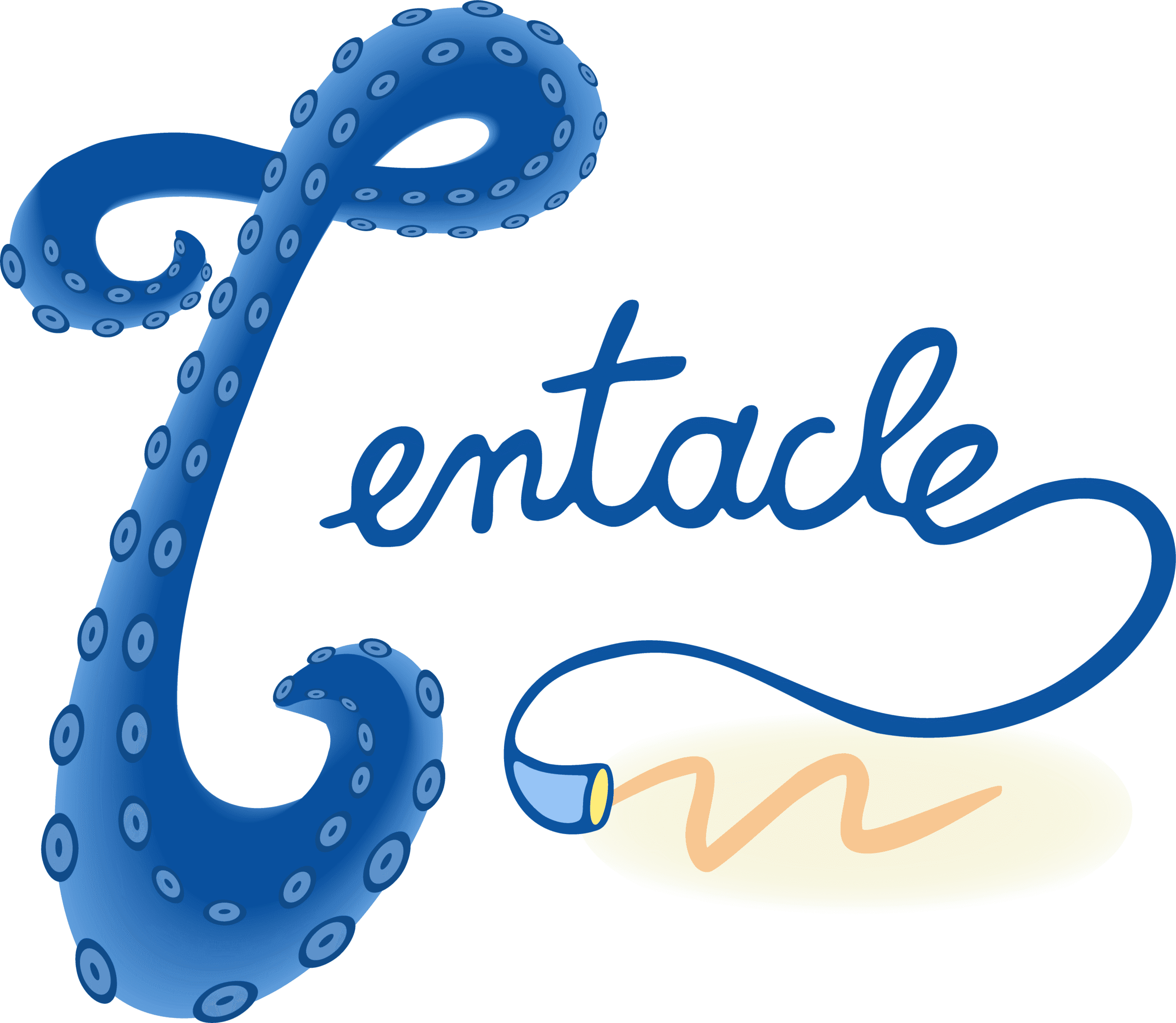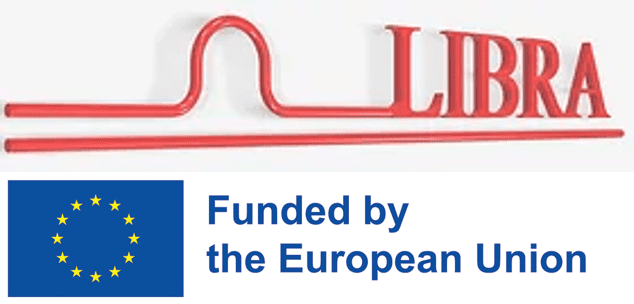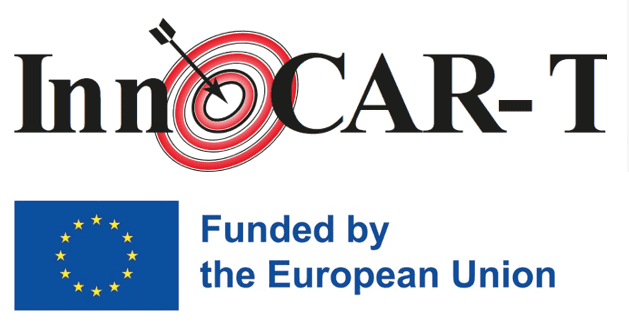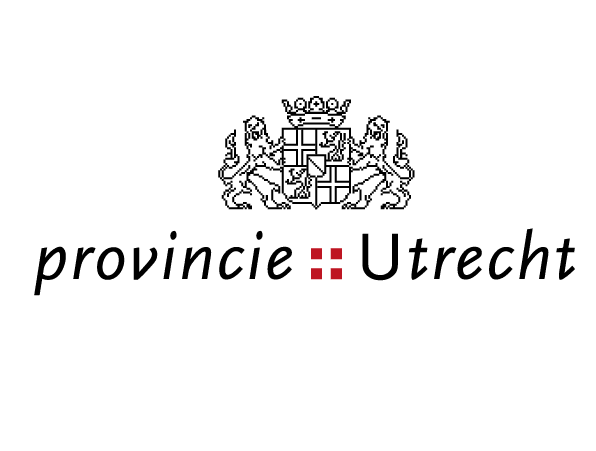NXTGEN HIGHTECH
Cell culture plays a central role in the development of solutions to health questions of the future. Cell therapy, for example, in which cells are used as treatment, is a new form of therapy that requires the cultivation of high-quality cells. But the controlled and reproducible cultivation of cells is also important in other application areas. Examples include cell-based diagnostic assays (Lab-on-Chip), mini-tissues for drug screening (such as Organ-on-a-chip), as well as vaccine and viral vector production.
The goal of this project is therefore to develop the next generation of high-tech equipment for cell culture applications. Using innovative sensor technology and integration via microfluidics, far-reaching control over the cell culture process will be realized. This will lead to high-quality cells and cell-derived products.
Within the context of the NXTGEN program, Scinus Cell Expansion will be focusing on testing and integrating technologies into our bioreactor systems. Beyond the program, this should also enable us to apply these new technologies for cell culture applications to our process development activities.
This project receives a Groeifonds contribution from the NXTGEN HIGHTECH program.
RHYTHMS
Eurostars RHYTHMS (a collaboration between Scinus Cell Expansion, MyCellHub, Stemmatters, and Skåne University Hospital) aims to develop a solution by providing the RHYTHMS toolkit to decentralize cell manufacturing while ensuring high-quality cells. This requires strict control over the manufacturing process to ensure that high-quality products are achieved at every manufacturing site. Therefore, the RHYTHMS toolkit involves sensor modules for integration in automated cell manufacturing processes for high process control, decentralized software solutions to monitor and adjust culture conditions in real time at different locations, and efficient and robust expansion protocols for sensitive cell types like iPSC. This enables the development of next-generation cell therapies, particularly those based on challenging cell types. Moreover, it will facilitate manufacturing of cell therapies close to the patient at decentralized locations and will significantly lower the cost and environmental burden of cell production.
Eurostars is part of the European Partnership on Innovative SMEs. This partnership is co-funded by the European Union through Horizon Europe
TENTACLE
Colorectal diseases affect over 2 million people in the EU and often require surgery to remove parts of the intestine. While this can help to relieve symptoms, there are currently no reliable ways to replace the removed sections other than an ileal pouch. As a result, patients may keep continence, but they often face serious complications after surgery.
The TENTACLE project, funded by the European Union, is working to change this. TENTACLE’s goal is to reduce complications of colorectal diseases after treatment by improving recovery outcomes. The project is develop an innovative colonoscopic bioprinter that can help rebuild the intestinal wall using materials tailored to each patient.
The bioprinter will use a mix of biomaterials, shape-changing structures, and living cells to create tissue that matches the patient’s own body. Scinus will play a key role in the project by developing processes to provide sufficient patient-specific cells, taken from a small biopsy, for use in this process. These cells will be combined with the biomaterials to form a special ‘bio-ink’ used by the printer.
By bringing together cutting-edge science and technology, TENTACLE aims to set new standards for minimally invasive surgical procedures, offering safer and more effective treatments for people with colorectal diseases.
Funded by the European Union. Views and opinions expressed are however those of the author(s) only and do not necessarily reflect those of the European Union or the European Health and Digital Executive Agency (HADEA). Neither the European Union nor the granting authority can be held responsible for them.”
LIBRA
The LIBRA project introduces a compact multi-sensing device designed for the automated screening of cultivation processes in bioreactors. This innovative project integrates photonic platforms with disposable microfluidic modules and biofunctionalization units. This enables the LIBRA device to monitor nutrients and pathogen contamination in bioreactors.
The LIBRA device allows for optimized cell processes and early warnings for possible contamination of the culture and stands out as a valuable addition to the SCINUS bioreactor system. Therefore, Scinus Cell Expansion plays a role in the consortium by contributing bioreactor and cell cultivation expertise and undertaking the validation of the LIBRA prototype.
This project has received funding from the European Union’s Horizon research and Innovation program.
InnoCAR-T
InnoCAR-T is a Marie Curie European Doctorate (DC) training network funded by the European Commission as part of the Horizon Europe research and innovation initiative. The consortium comprises 3 academic organizations and 2 companies, with partners from the Netherlands, Spain, and Belgium.
This program supports the development of innovative CAR-T (Chimeric Antigen Receptor T-cell) concepts, incorporating leading-edge bioreactor technology, advanced gene editing and nanotech-based drug delivery methods. This initiative aims to create next-generation CAR-T immunotherapeutics by combining state-of-the-art industrial manufacturing with cutting-edge academic research in CAR-T technologies. The grant facilitates intersectoral training for 10 doctoral candidates, preparing them for careers in academia and/or industry
Scinus Cell Expansion will be involved in various projects, including the development of lentiviral particle production using the SCINUS bioreactor, the process development for the manufacturing gene-edited CAR-T at a Point of Care (PoC) facility, and the implementation of nanoparticles strategies into the manufacturing process of ATMP.
MIT R&D ENGAGE CAR-NK
The rise of cell-based therapies offer significant potential in cancer treatment, as they offer high precision in attacking cancer cells while sparing healthy tissues, leading to better outcomes and fewer side effects. Chimeric Antigen Receptor (CAR) Natural Killer (NK) cell therapy is expected to be the next breakthrough therapy due to their distinct advantages in manufacturing and scalability. However, scaling up CAR-NK production for clinical manufacturing remains challenging.
In this MIT R&D project ENGAGE CAR-NK, Scinus Cell Expansion and Glycostem will combine their expertise on bioreactor technology, cell expansion and ex vivo generation of CAR-NK cells by developing new processes for efficient engineering and expansion of CAR-NK cells. Such innovations will advance off-the-shelf CAR-NK products towards clinical stage, aiming to provide a safe, potent, and cost-effective treatment for cancer and other diseases.
Scinus Cell Expansion provides an innovative, controlled and cost-effective solution to automate cell culture processes.






